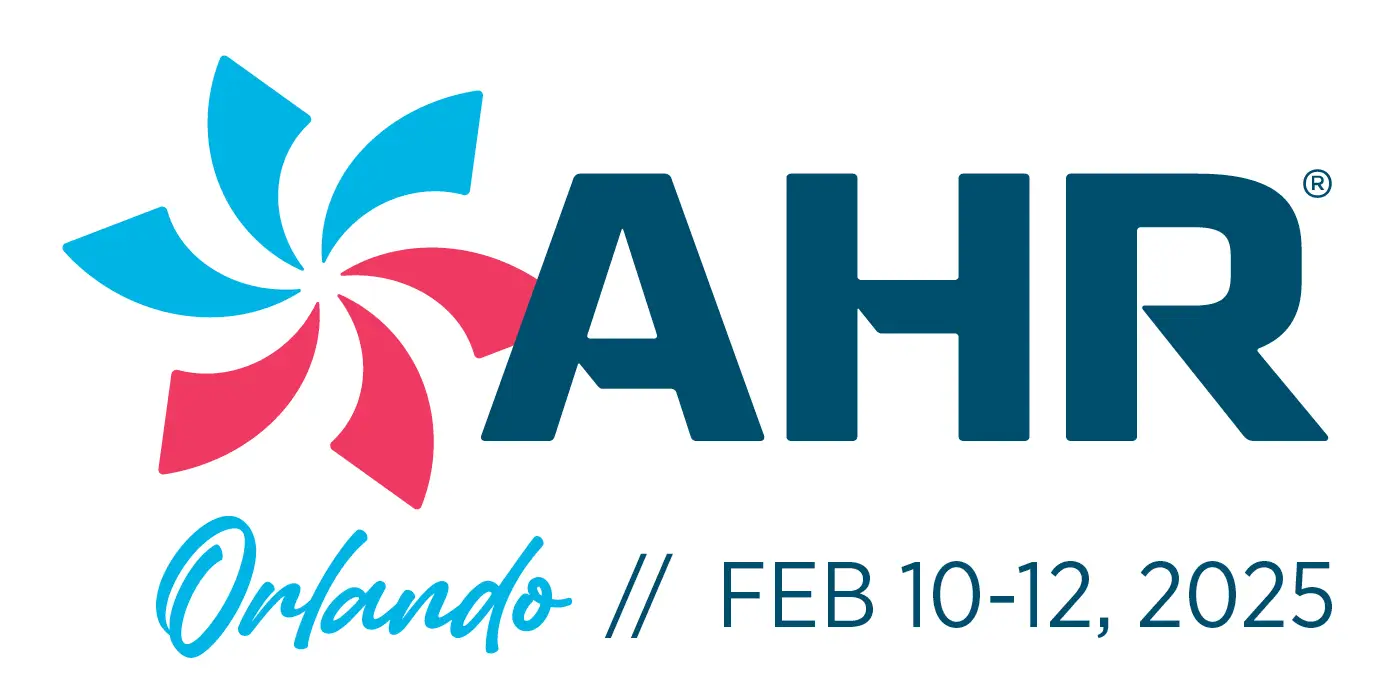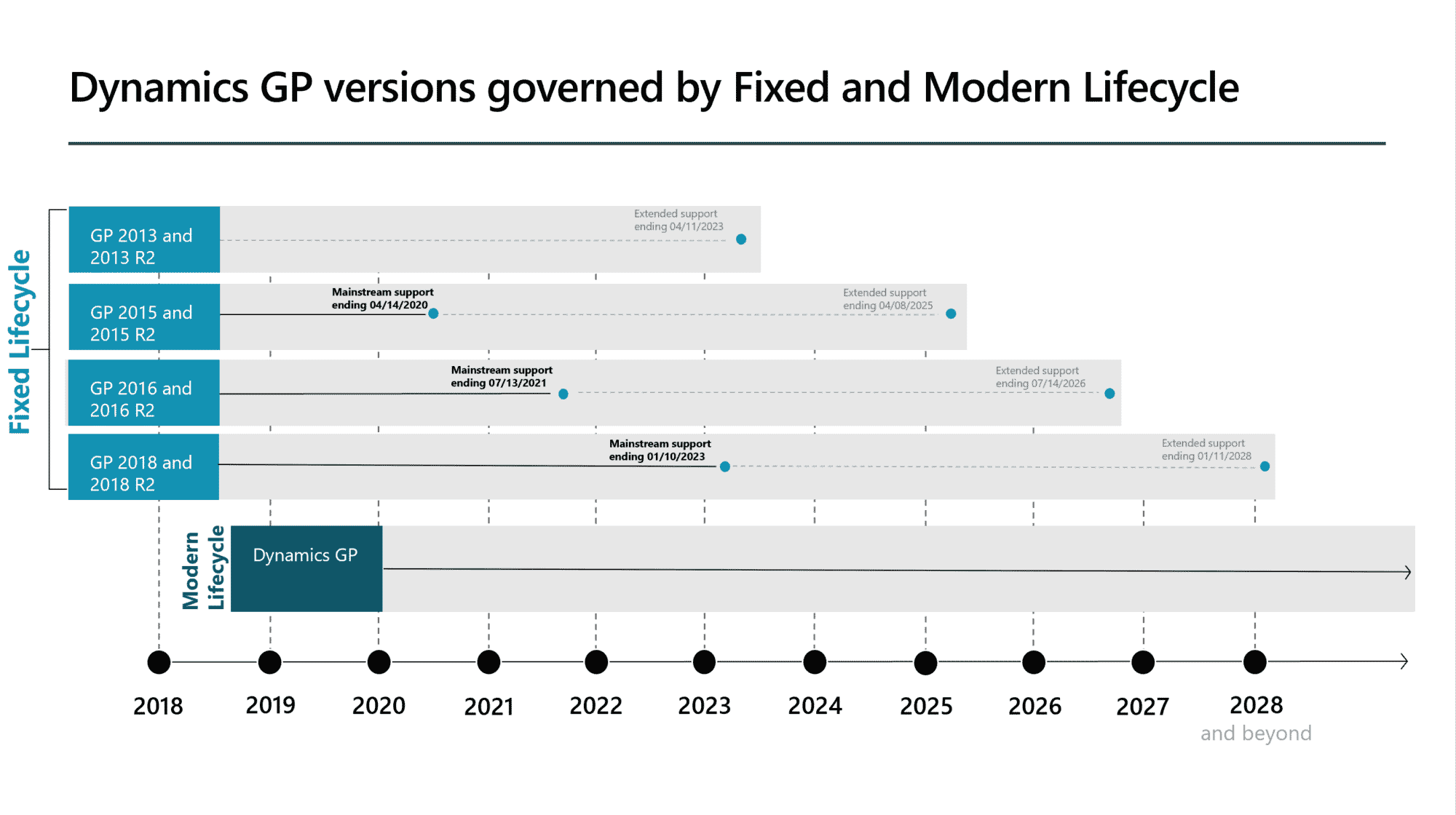As an industry leader in bar coding for Dynamics GP, we are asked daily regarding the ability to add bar-codes to reports like Purchase Orders, SOP Pick Lists, Packing Slips and more. While the PanatrackerGP application offers robust lookup and filtering options for many fields, it often speeds user’s entry to scan information from a paper list at the receiving dock or in the warehouse while picking. This can also be useful to your customers who may be using some form of the warehouse management system. Dynamics GP and the Report Writer tool offer powerful report printing and customizing capabilities from within GP itself. To take advantage of Report Writer and print bar codes on your reports can be accomplished easily and we have included instructions for this to share with you.
To begin, we must establish that a standard 1-Dimensional Bar code can be thought of as a font to be printed. It is, however, a font that is designed to be read by a machine and may or may not include human-readable text. For more on bar-codes see our post 1D vs. 2D Barcodes. To illustrate this, see our image below in which ABC123 is printed in 4 different fonts.

The initial step in adding barcodes to your reports in GP is to locate and install a barcode True Type Font (ttf) for your machines. For this Panatrack highly recommends the “Code 3of9” or “Code 39” barcode format. While inventory barcodes printed on item labels often benefit from “Code 128” or even UPC barcodes, these have complicated check digits that can require you to write code that will allow them to be properly scanned. Conversely, Code39 barcodes will allow you to encode all of the ASCII characters and require only a start and stop character, such as an asterisk * before and after the text.
So, to create a barcode for item ABC123, you will need to input *ABC123* When the scanner reads the barcode it will only “see” ABC123. Therefore, if you take a scanner to the barcode example displayed in the table above, nothing will read. However, try the barcode below, and it can be scanned. Another draw of the Code39 Barcode is that this is available as a free downloadable font package for your machine. As such a note of acknowledgment must be paid to Matt Welch for creating and distributing this font pack. Click here to download the font onto your Dynamics GP Server. We must then install the font pack onto your machine; this will likely require administrator permissions.

To achieve the proper display of a barcode requires some minor effort in the Report Writer tool. To access Report Writer, you can navigate through the menus in GP or simply press ALT+F9. Next, navigate to the report that you wish to edit and select it. The first step will be to edit the name of the report if you require it, next uncheck the box next to “Text Report” under Format Options. Once these steps are complete, we can begin to edit the report itself by clicking the Layout button which opens the report and the Toolbox in their windows.

With the report open we will now create the calculated field for the barcode, this will be a combination of the required asterisks and data field. To do this look to the Toolbox window and from the drop-down and select calculated fields, then hit the new button to create the barcode field. Name this field as you see fit, in our case, we will name it PO Barcode. The Result Type will be String, and you must select that from the drop-down to begin building the calculated expression. We now will add the appropriate characters and data to the Calculated section to create a barcode, as discussed earlier, this means we need to add an Asterisk to either end of the data.

Now that you have created your barcode field, it is time to add it to the report! Simply drag the field name from the Toolbox and onto the Report Layout, positioning it where desired. It is recommended to increase the size of this box initially and fine tune later. Now it is time to print your report and confirm that the output is correct. When you print the report, you should see *Field Name*with no other spaces or characters. If this field does not show as expected, recheck your calculated field and adjust.

The final step is to turn this field into a barcode that can be scanned. Navigate back into the report layout and select the field that you added. Once the field is selected, use CTRL+D to access the drawing options menu to adjust the font. Under the Font menu select the “Free 3 of 9 Extended” font (do not use the “Free 3 of 9”) and increase the size, we recommend a minimum of 26 points. Having confirmed that your text is displaying correctly, changing the font results in a scannable barcode appearing on the report. It is important to note that there will be no human-readable text as part of this barcode, as such you may want to include a field identifier or add the calculated field a second time directly under the barcode in standard font. The report will now include a barcode that can be scanned into any barcode reader.

Including barcodes on Purchase Orders, Pick and Pack Lists, Manufacturing orders, or any other documents will further leverage the use of barcode technology in a warehouse. This is a simple way to add to the value of a WMS or Bar code Data Capture Solution. If you are interested in trying this but are not currently using an Embedded WMS such as Panatrack, you can download barcode apps onto most smartphones. (Note that not all apps will read the Code39 barcode type.) This will allow you to scan the barcode and get a feel for customizing reports.
For questions and further information on PanatrackerGP and Barcode Solutions for Dynamics GP, Contact Us.
Special Thanks! Panatrack would like to extend a thank you to Andy Berntson at Fargo Public Schools for his help in revamping and refining the instructions above.





